The underutilization of suicide prevention month
In memory of Tim Miller
September 30, 2021
September. The lackluster month where the first leaves haven’t yet fallen, but summer is drawing to a close. It’s when Labor Day happens, it’s when the autumnal equinox happens it’s when we start to pull out our sweaters. However, there’s a more significant meaning to September. September is Suicide Prevention Month.
It’s estimated that there is one death by suicide every 11 minutes in the United States. However, suicide is glossed over in many ways, especially in school. When searching for suicide resources on a Chromebook, provided by Edmond Public Schools, I found that as soon as suicide is typed into the search bar all suggested searches vanish. It’s interesting that when people bring up the topic of suicide a noticeable shift happens. Many people become uncomfortable, or non-responsive.
Suicide is the second-leading cause of death for people ages 15-24. Schools provide resources through training teachers and flyers are hung around the school advertising the Crisis Line to help prevent suicide. In comparison to the preparation students receive to allow them to drive (which coincidentally is the largest leading cause of death among teens), it’s challenging to understand why the same is not done for suicide. Be that as it may, it doesn’t appear that students truly understand how criminalized and secretive suicide tends to be.
As a society, it’s common to say ‘commit suicide’ instead of ‘died by suicide’. The connotation that statement insinuates makes it sound like a crime. Recently, suicide and mental health issues have become more of a public discussion, and the stigma behind people who struggle with suicide and mental illness has been reduced, but remanence of it still lingers. This prompts people who believe they are struggling with mental illnesses, to reconsider or choose to not reach out for help. It can be challenging to ask for help, but asking for help is the second step in the right direction, the first being realizing the need to ask for help. It’s a common misconception that asking for help is a sign of weakness when, in reality, it’s a sign of strength.
While you personally may not be struggling with active/passive suicide – you can still help. You can help either by offering resources, listening without judgment, reminding that person you are there for them or use any of the methods provided at Mental Health First Aid.
The most credible resource is the National Suicide Prevention Lifeline, even so, it can be extremely intimidating to talk one-on-one overcall. This issue gave rise to the creation of the Crisis Text Line, where you can anonymously express your thoughts and emotions with zero judgment. They’re open 24/7 to anyone and everyone. There are also specialized crisis lines dedicated to POC, Veterans, National Graduates and LGBTQIA+ teens and youth. Help is here to support anyone and everyone who is dealing with mental health, more lines are available at Crisis Hotlines and Resources.
But, Crisis Lines aren’t exclusive to suicide alone. While suicide takes the lives of over 48,500 Americans every year, nearly 30% of the population struggles with depression. In a way, depression is the gateway drug to suicide. Because of this, we should be working harder to bring down not only suicide rates but rates of depression as well. So, how can we, as a society and community, help not only others that are struggling, but ourselves?
Erin Bickle, a counselor at Santa Fe, who previously worked as Santa Fe’s at-risk counselor for 22 years, has tips for helping students to tell their stories. She preaches ACT, a three-step program to help students help other students.
“Acknowledge that your friend has an issue, care for them, and tell a trusted adult,” says Bickle. “You don’t have to know the answers, you don’t have to know what to say, just let them know you care.”
Suicide is still a very real issue in our society, whether it’s glossed over, or used as the punchline in jokes, it still exists.
It won’t always be like this. Tomorrow can’t be written if it ends today.




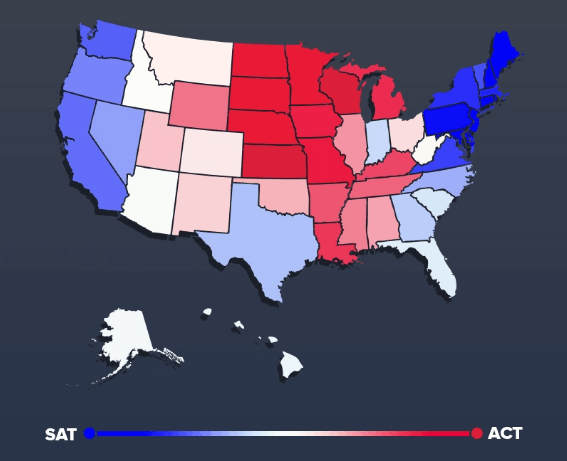




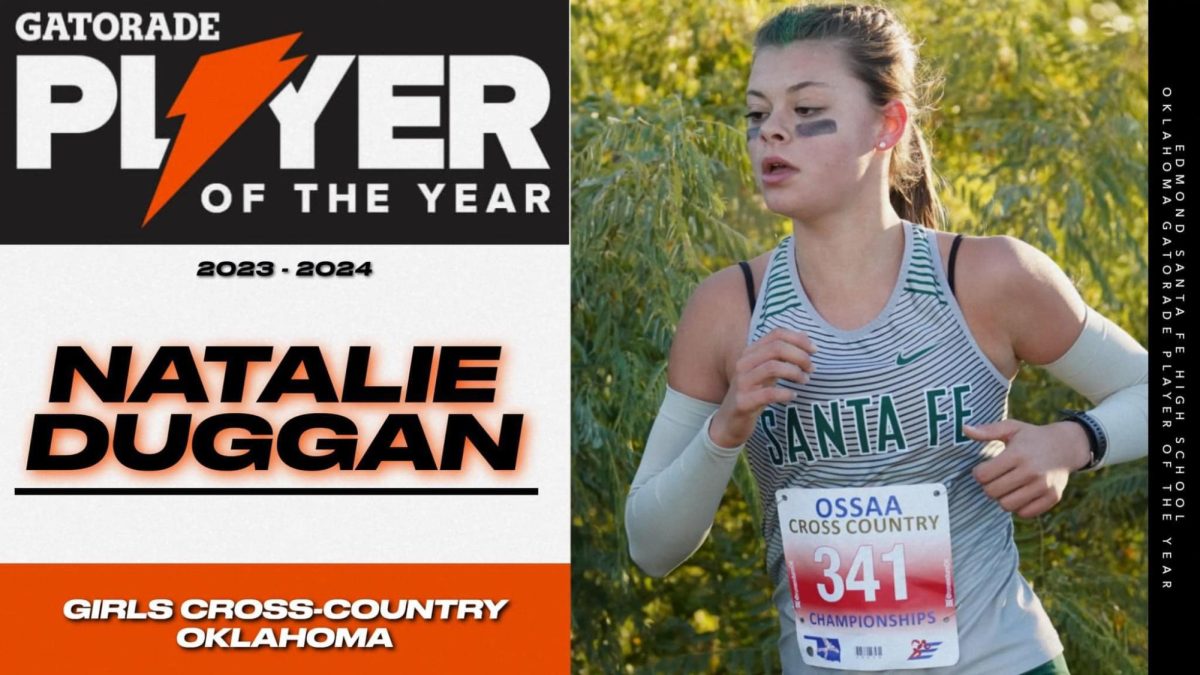







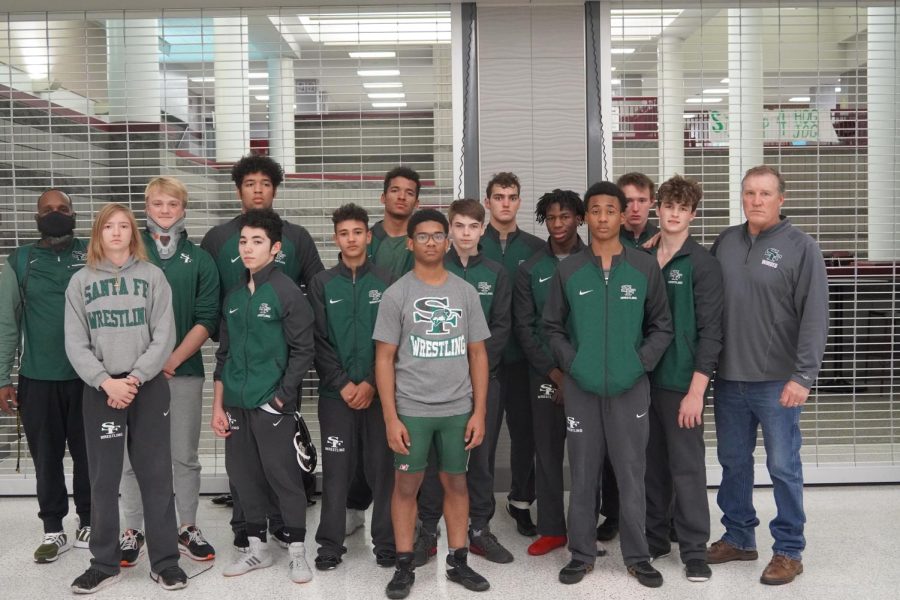



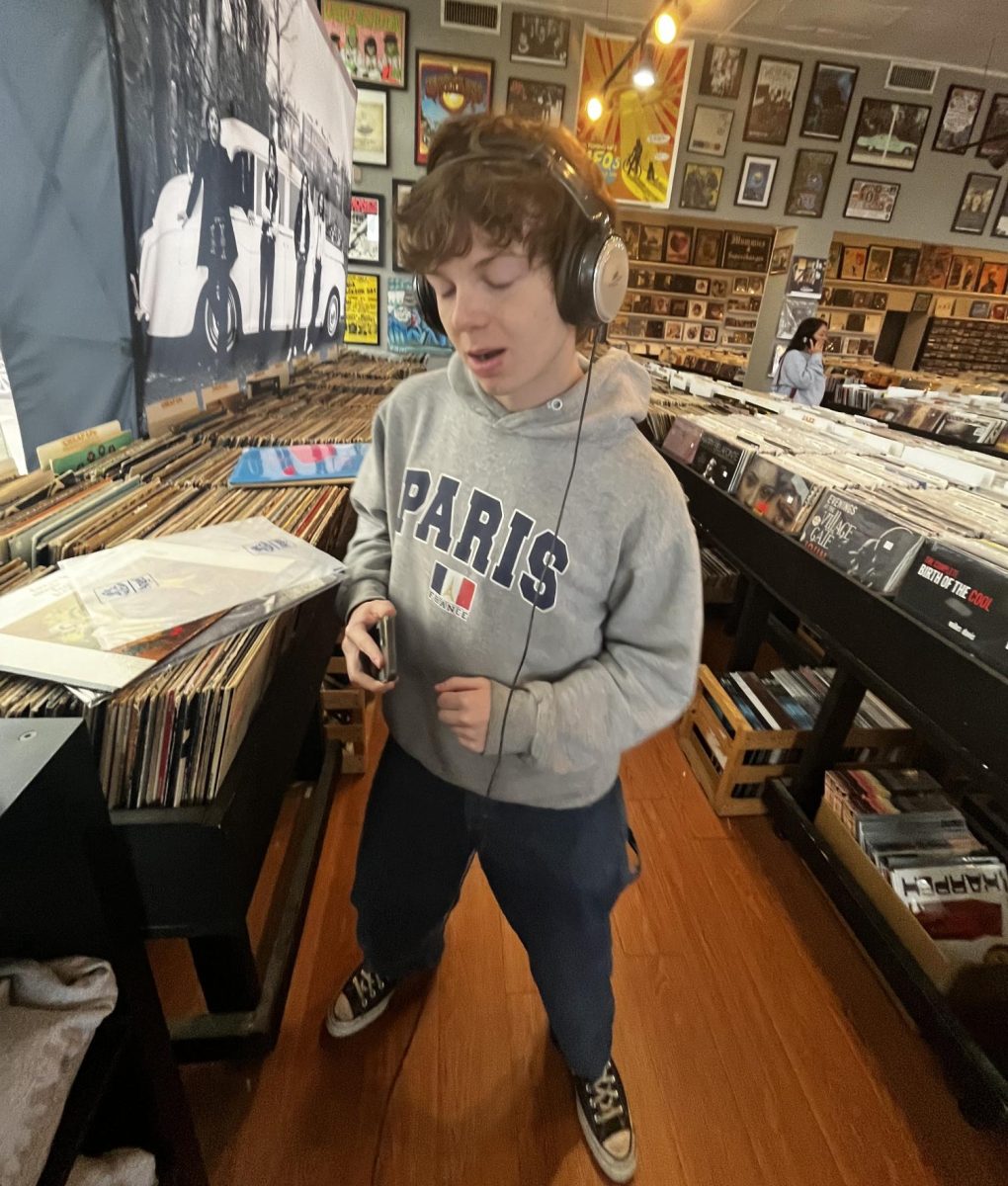


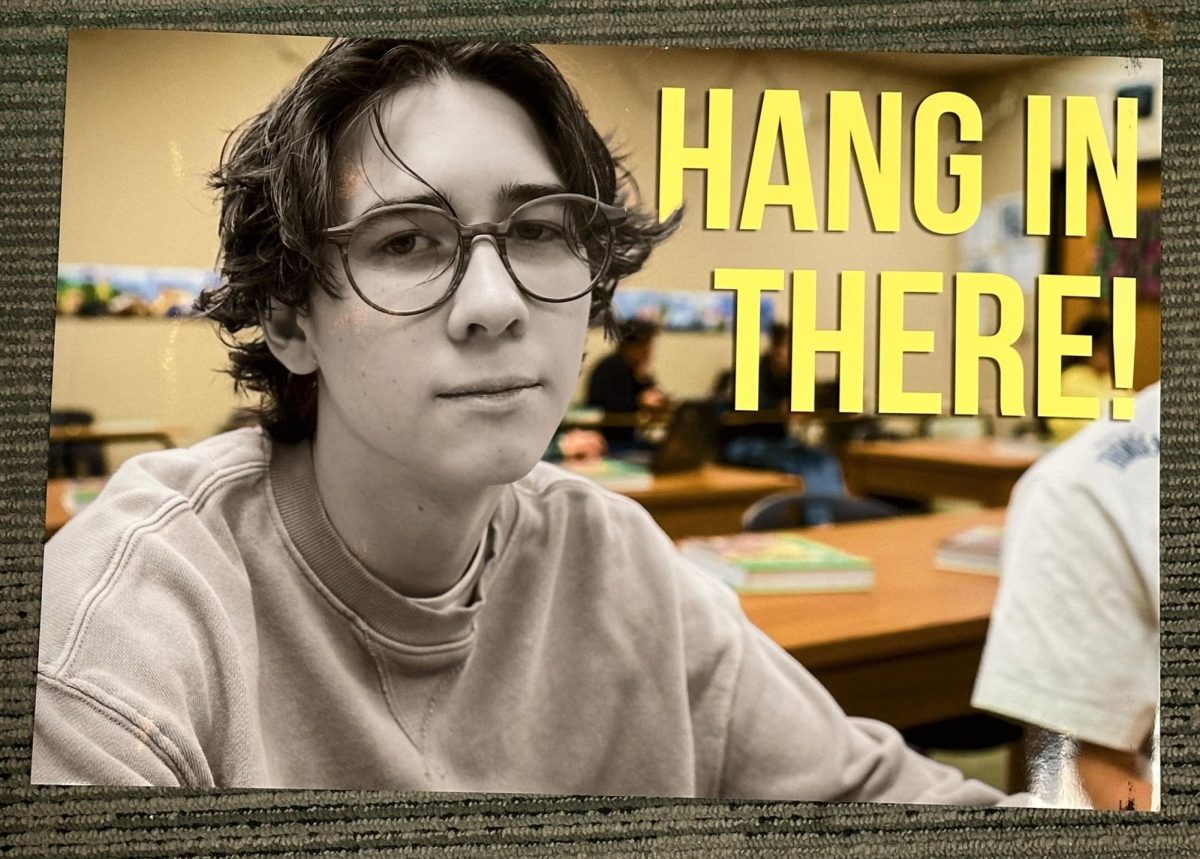





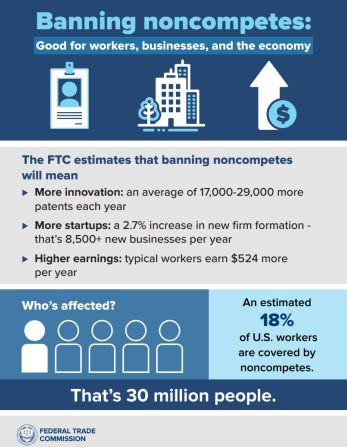
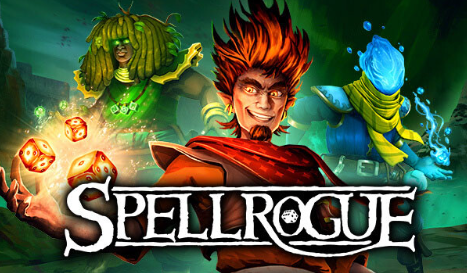






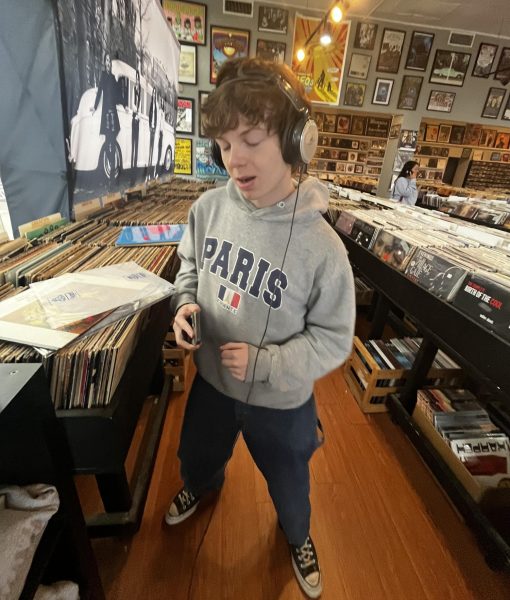
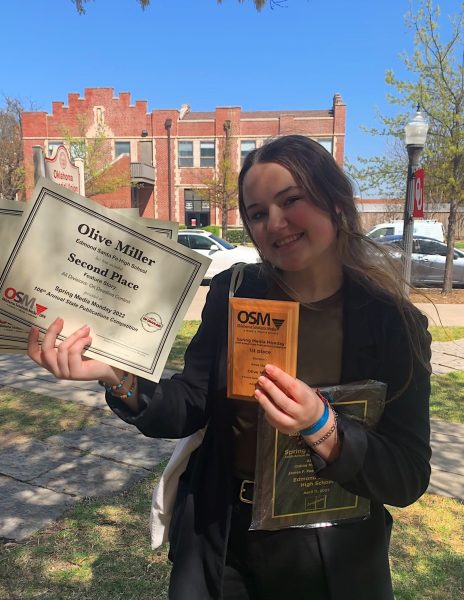

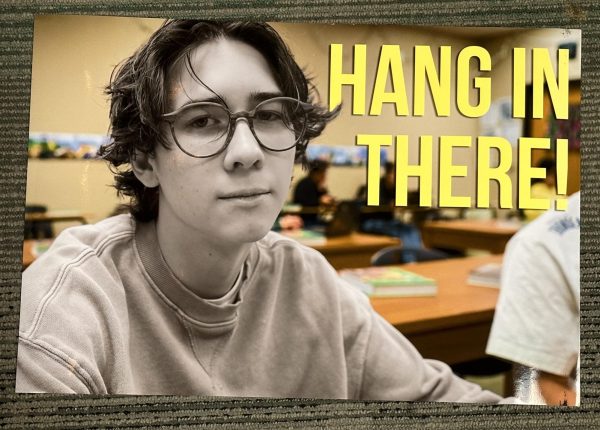

mikey holliman • Oct 4, 2021 at 10:46 am
YES OLIVE THATS WHATS UP OKAY ESSSSAAAYYY!!!! EATING IT UP LIKE ALWAYS! #GIRLBOSS
Chloe Clinton • Oct 2, 2021 at 9:20 pm
Wow! Great coverage of a difficult topic, but one that definitely needs to be talked about. Keep up the great work!
Alanna Ladeaux • Oct 1, 2021 at 6:57 am
YOURE SO GOOD OLIVE. QUEEEEN #GIRLBOSS